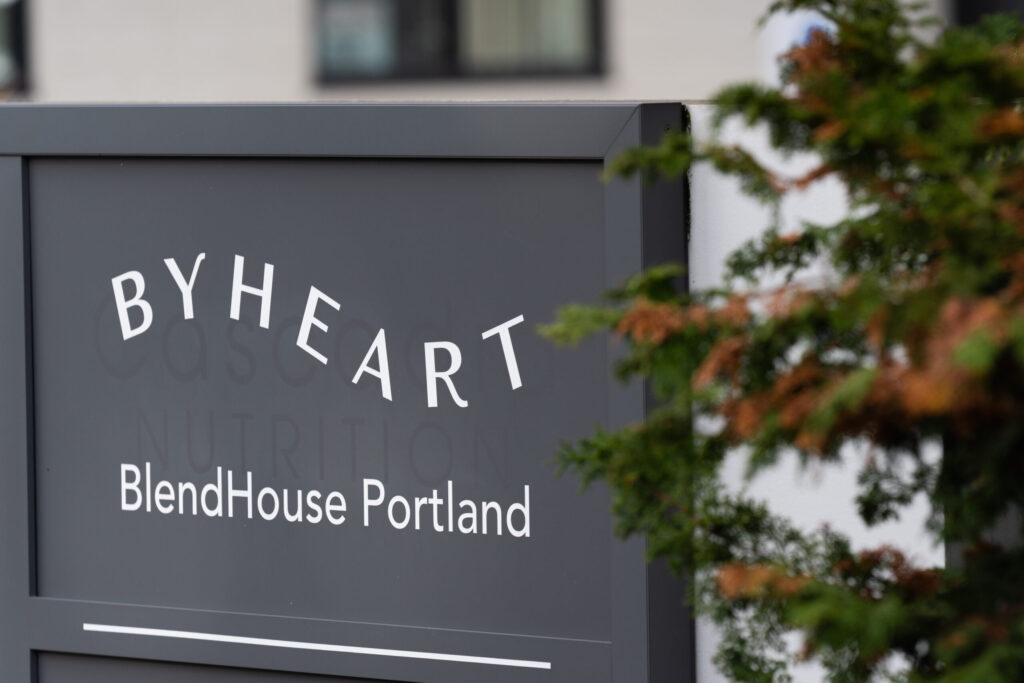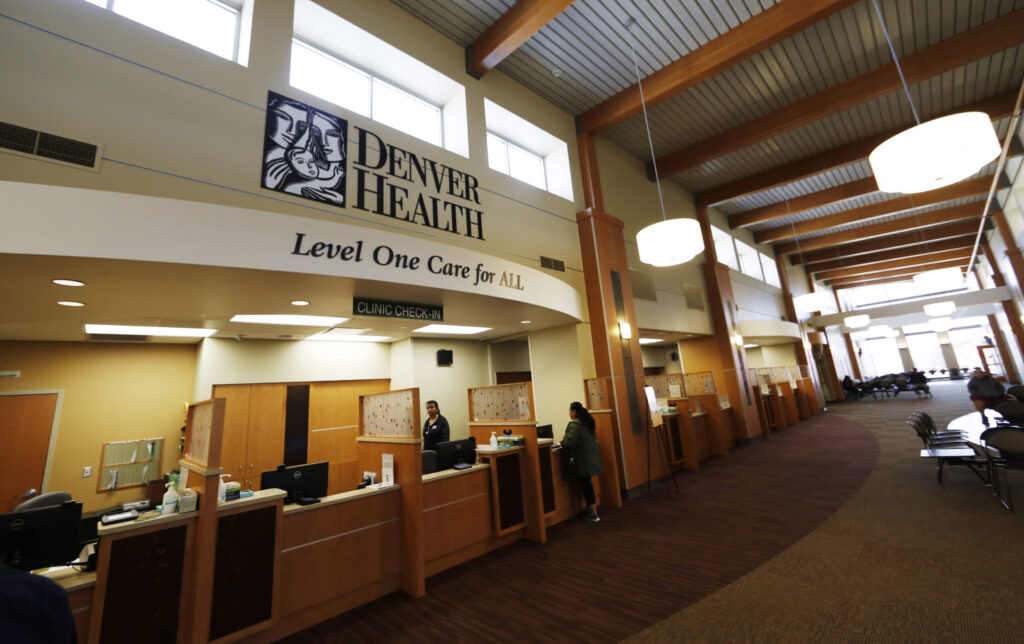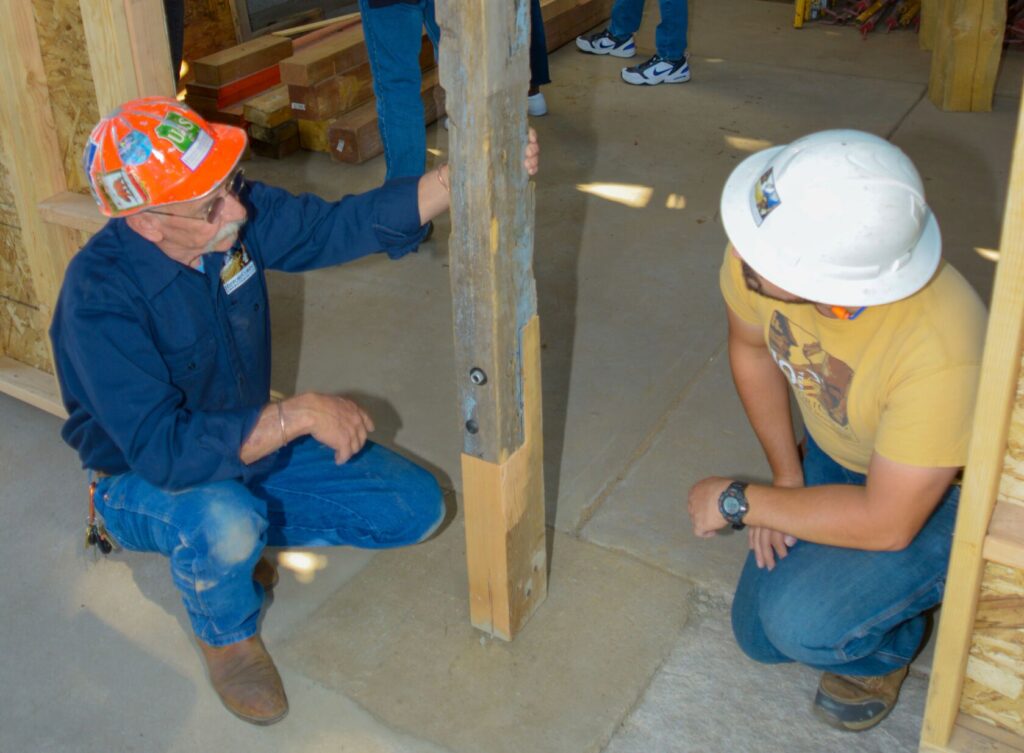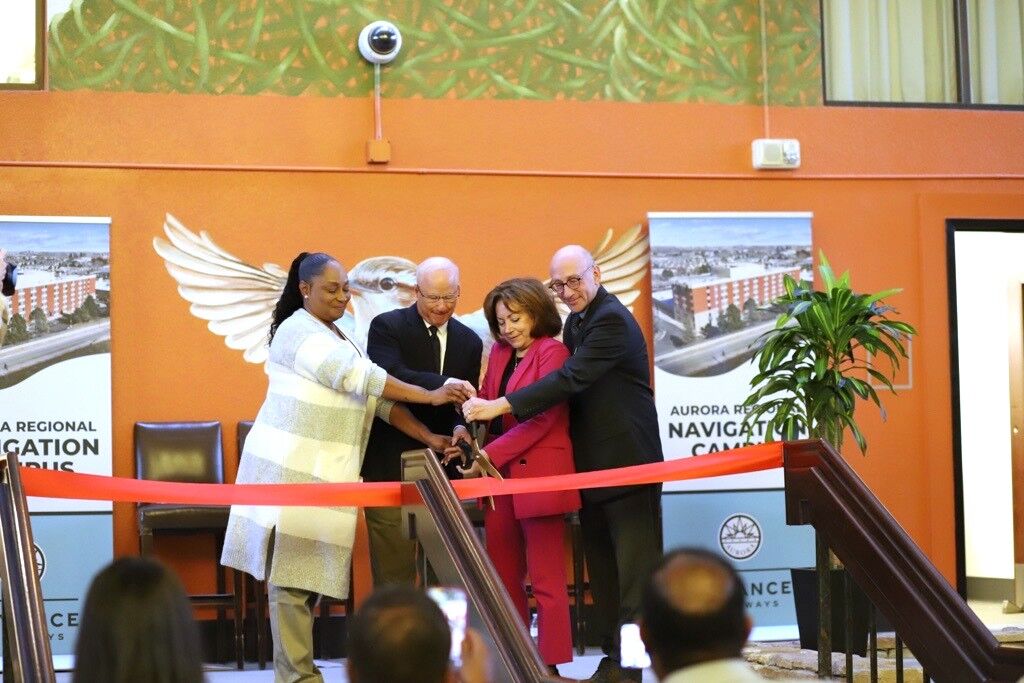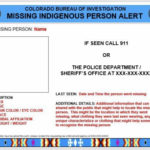Food licensing cost-effective changes start in June, if passed by Denver City Council
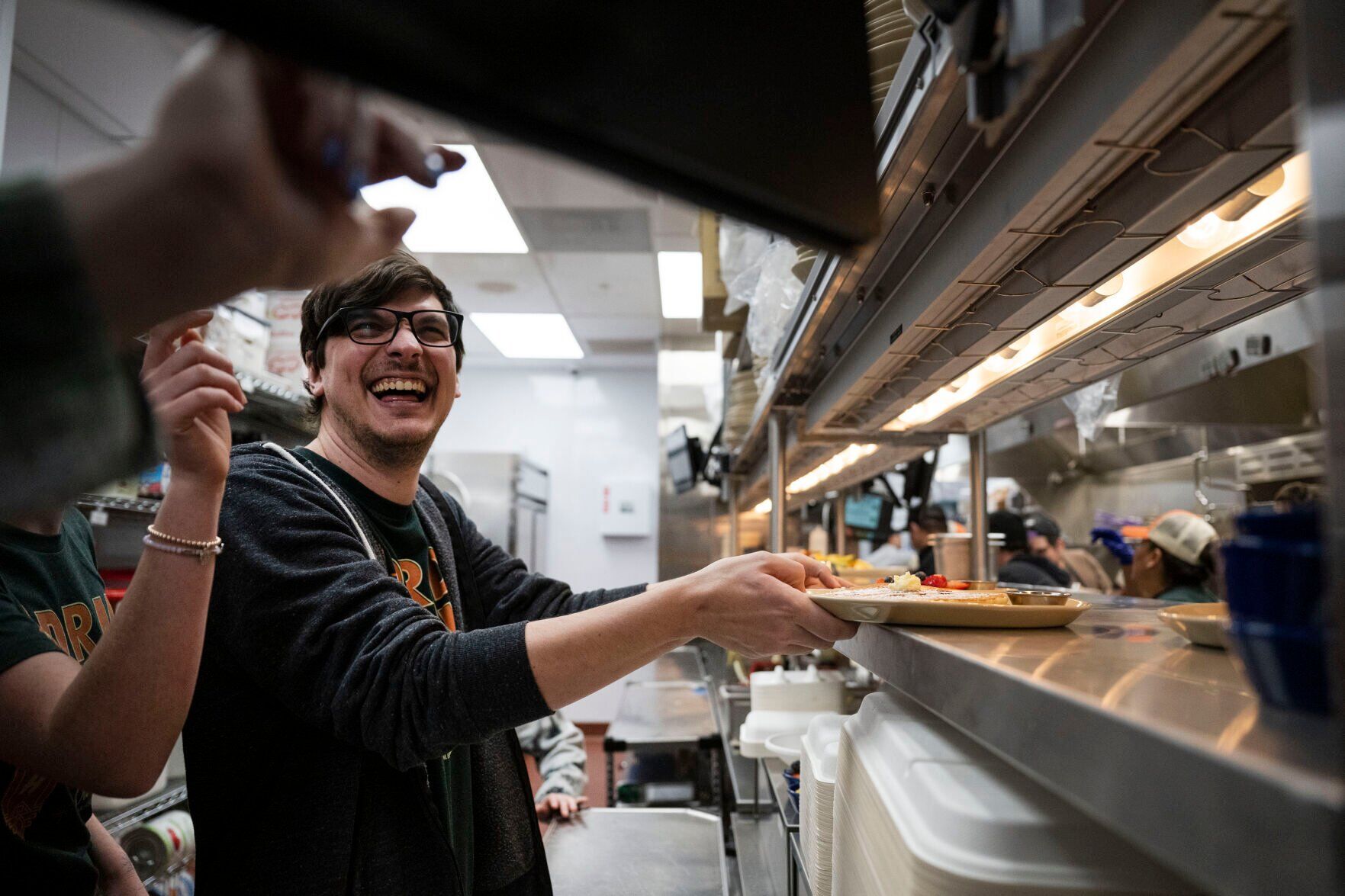
A change to the food licensing requirements in Denver could reduce licensing fees for about 80% of retail food providers in the city starting in June, according to Eric Escudero, communications director for Department of Excise and Licenses in the City and County of Denver.
Department Executive Director Molly Duplechian said the food safety requirements are not changing, instead the food license fees and categories will. The changes will incorporate the current categories and streamline them to have fewer fee structures. The idea of making these changes to the licensing began in 2019 when staff in the excise and licensing department found the process was unnecessarily complicated and did not align with the public health and environment department.
Retailers cope with rise in shoplifting and organized retail crime
These changes will apply to both retail and wholesale operations – retail being the type of business that sells directly to the customer and wholesale which sells to other businesses.
Due to the pandemic, the Department of Public Health and Environment, of course, shifted its focus in 2020, but this issue is now being addressed. The new licensing was first reviewed by the full City Council On Dec. 19 and will have its final review on Jan. 3.
The pandemic affected the food and beverage industry significantly because the income stream from indoor dining was essentially removed for months. In addition to the lack of customers, the pandemic was followed by supply chain issues.
These changes should help streamline some of the processes for the food industry and lower some of the fees, Duplechian said. It will also be easier for those who are starting a food-related business for the first time, she added, and it will allow for easier sharing of information between both the excise and licensing and public health and environment departments.
Holiday shoppers flock to indoor Denver area retail centers despite bitter cold
“It should be much simpler and easier to understand what type of license somebody is needing,” Duplechian said. “So hopefully that will improve their bottom line and that they don’t have to hire lawyers and compliance managers.”
The new changes offer a flat application fee – whether its retail or wholesale food – of only $150. Currently, those fees range between $125 to $300 Duplechian said. Annual licensing fees will also be simplified and potentially reduced. They estimate that about 81% of retail food businesses and 85% of wholesale food businesses will either have no change or a reduction in cost of annual licensing fees. Changes include the applications being moved online beginning around June next year.
Current licenses will remain active until the renewal date.
Duplechian said they have communicated with restaurant associations, including the Colorado Restaurant Association. She said they have mostly been supportive in the early stages. Once they are able to publish more information and move to this process, Duplechian expects those in the industry to also approve and appreciate its simplicity.
“We’re really hoping that this change is business-friendly and that the businesses are able to see that it helps to simplify and make their lives easier,” Duplechian said. “It also lowers costs to the city for us to processing and issuing these licenses on our side.”
Western Stock Show Association brings on J.J. Ament to board






